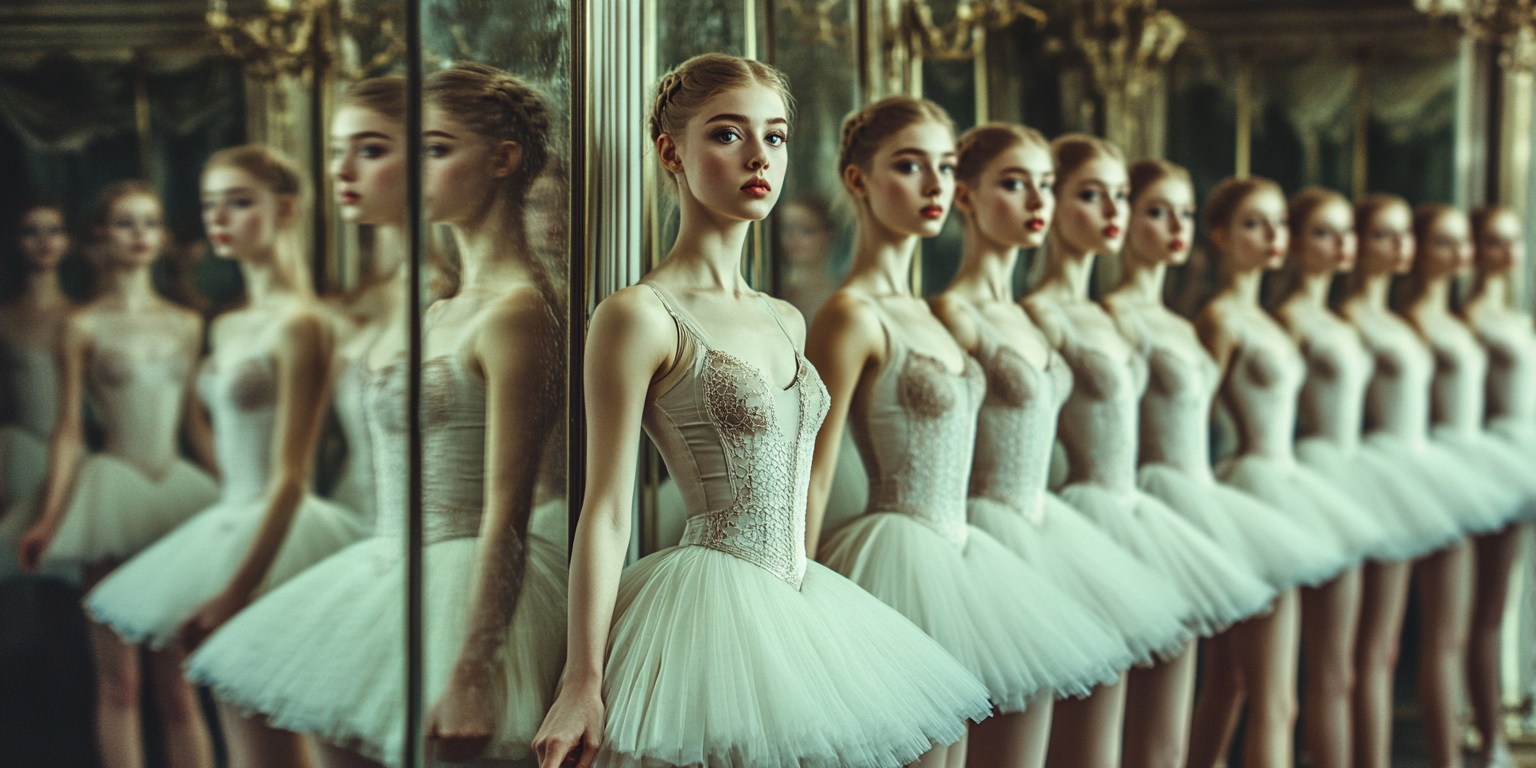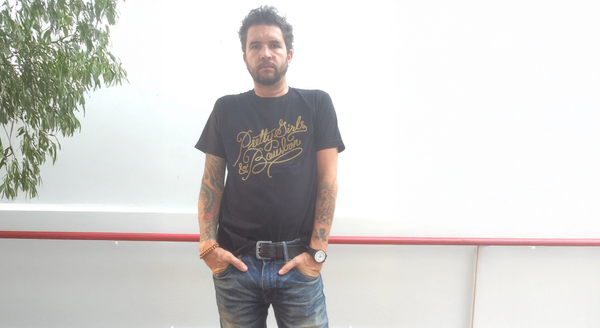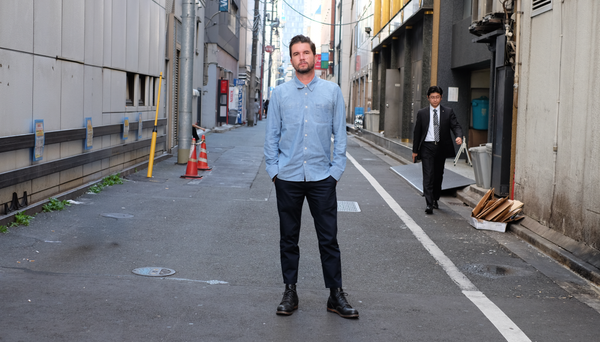Are We Human, or Are We Prompting?

There’s a lyric by The Killers that’s been on repeat in my head lately, because Dave Pell, the managing editor of the Internet, brought it up, in a different context, over on NEXTDRAFT:
“Are we human, or are we dancers?”
I think the band is amazing. And I have listened to this line for years. Now, this line sounds like a simple question. I have always thought of it as the constant pressure to present, perform, and polish. No flaws, no mistakes, perfectly in sync. So by extension, sort of not human-ish.
But like the best pop poetry, it sneaks up on you. And it changes with time and circumstance. Beneath the melody is something sharper:
Are we thinking for ourselves or performing a script someone else wrote?
Ok, so it’s been widely cited that Brandon Flowers, the lead singer for The Killers, was influenced by Hunter S. Thompson for this lyric. I can’t confirm that Hunter said it, but I'll lean into it because he is one of my favourite writers. Hunter was worried that America was raising “a generation of dancers” - people trained not to think independently, but to stay in line. Conformity, not creativity. Precision, not provocation.
And here we are, however many years later, asking something eerily similar.
Are we human, or are we prompting?
Prompting Isn’t Always Thinking
We live in an age where being “good with AI” often means learning how to ask the machine the right question. But too often, that rightness is mechanical, not meaningful. It’s becoming a formula. Just look at all the $29.95 “1000 Ways to Hack Something Using AI” that are clogging up your feeds.
The irony is this: the better we get at prompting, the worse we sometimes get at wondering. We’re not engaging in open-ended exploration. We’re playing to the interface.
We’re performing for the machine. And slowly, the machine is training us right back.
The Risk of Reverse Conditioning
In a world of autocomplete everything - emails, headlines, resumes, even emotions - we risk becoming reverse-conditioned.
The system doesn’t just respond to us. We start responding to it.
- We write what will rank.
- We ask what will return fast.
- We say what won’t get flagged.
- We repeat what’s already performed.
And just like that, AI becomes less a tool and more a mirror, reflecting not just our intent but also our insecurities, our fear of going off-script, of wasting time, of sounding wrong.
What Makes Us Human
The great power of generative AI isn’t its accuracy. It’s its breadth. It can make new connections, bend ideas, remix logic. But it needs something only humans can offer: contradiction, context, chaos, courage.
Prompting doesn’t get interesting until it stops being formulaic. Until it stops being a way to sound clever and becomes a way to dig deeper.
We need to return to the art of wondering. Not just, “What will give me the best answer?” but:
- What question hasn’t been asked?
- What assumption do I want to break?
- What truth do I hope it doesn’t tell me?
Because AI may be generative. But it’s our questions that give it meaning.
So… Are We Prompting, or Are We Human?
This is not a call to abandon AI. It’s a call to use it more humanly. To prompt not like a dancer waiting for the beat, but like a composer testing new notes. To engage with AI not as a shortcut to speed, but as a partner in thought.
Tomorrow won’t belong to the best performers. It’ll belong to those who stay curious enough to ask the questions no one else dared to prompt.
The future doesn’t need more dancers, well it does, but…..
It also needs more humans willing to step out of line, ask the uncomfortable questions, and choreograph new ways of seeing.
You might appreciate my book To Question Is to Answer: How to Think Critically and Thrive in the Age of AI. It’s not about mastering prompts—it’s about reclaiming your role as a thinker in a world of systems designed to nudge you into performance.



